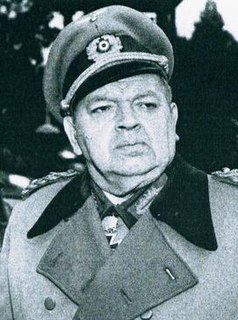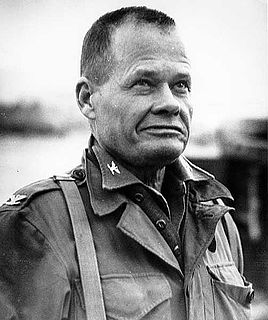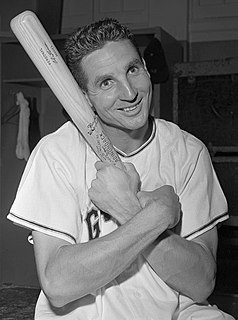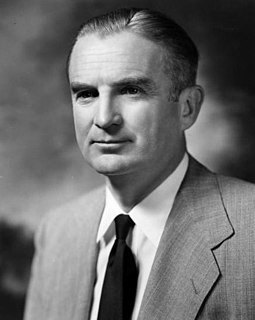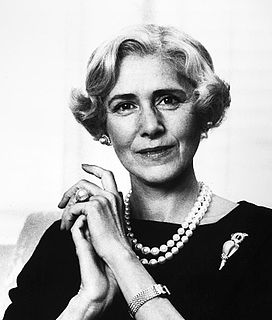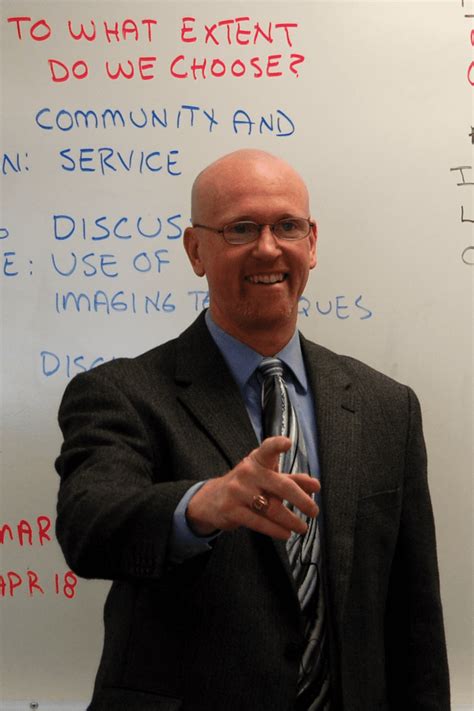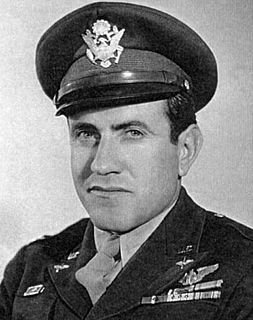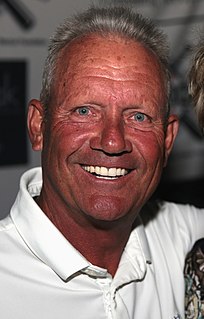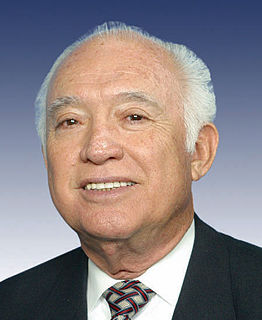A Quote by Leon Askin
I was put in the Air Corps. I was never educated to serve in the military, but soon my activities in the American Air Corps became very interesting to me.
Quote Topics
Related Quotes
My definition, the definition that I've always believed in, is that esprit de corps means love for one's own military legion - in my case, the United States Marine Corps. It means more than self-preservation, religion, or patriotism. I've also learned that this loyalty to one's corps travels both ways: up and down.
Since the birth of our nation, the steady performance of the Marine Corps in fighting America's battles has made it the very symbol of military excellence. The Corps has come to be recognized worldwide as an elite force of fighting men, renowned for their physical endurance, for their high level of obedience, and for the fierce pride they take, as individuals, in the capacity for self discipline.
We think of the Marine Corps as a military outfit, and of course it is, but for me, the U.S. Marine Corps was a four-year crash course in character education. It taught me how to make a bed, how to do laundry, how to wake up early, how to manage my finances. These are things my community didn't teach me.
The intellectual and moral failures common to America's general officer corps in Vietnam and Iraq constitute a crisis in American generalship. Any explanation that fixes culpability on individuals is insufficient. No one leader, civilian or military, caused failure in Vietnam or Iraq. Different military and civilian leaders in the two conflicts produced similar results. In both conflicts, the general officer corps designed to advise policymakers, prepare forces and conduct operations failed to perform its intended functions.
